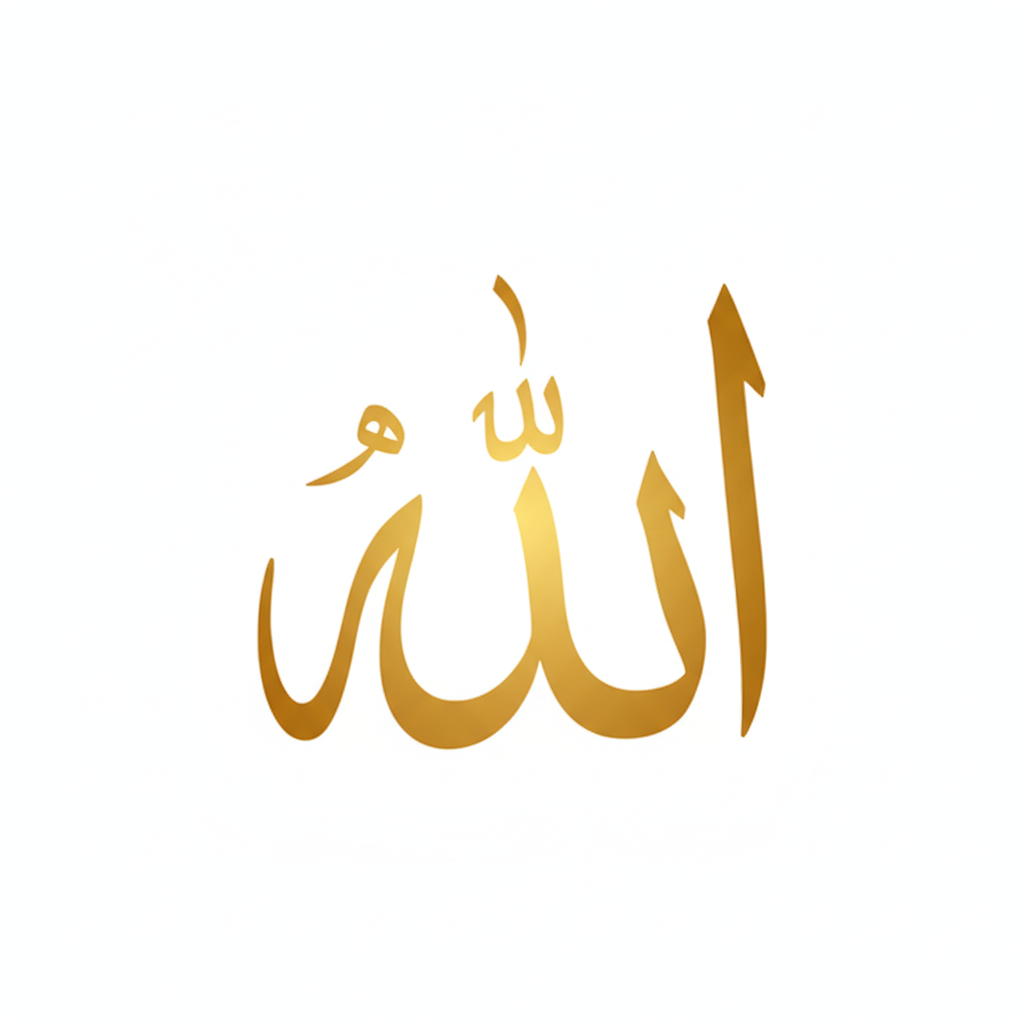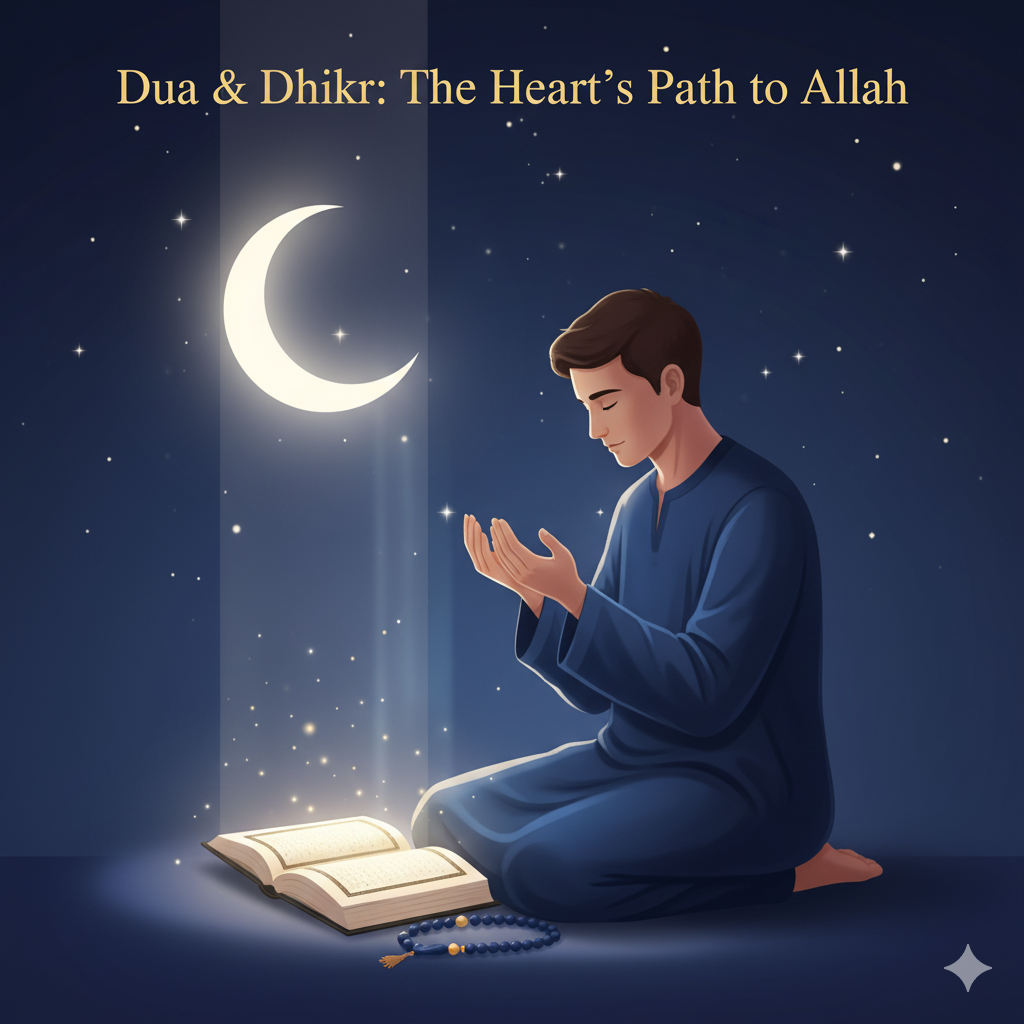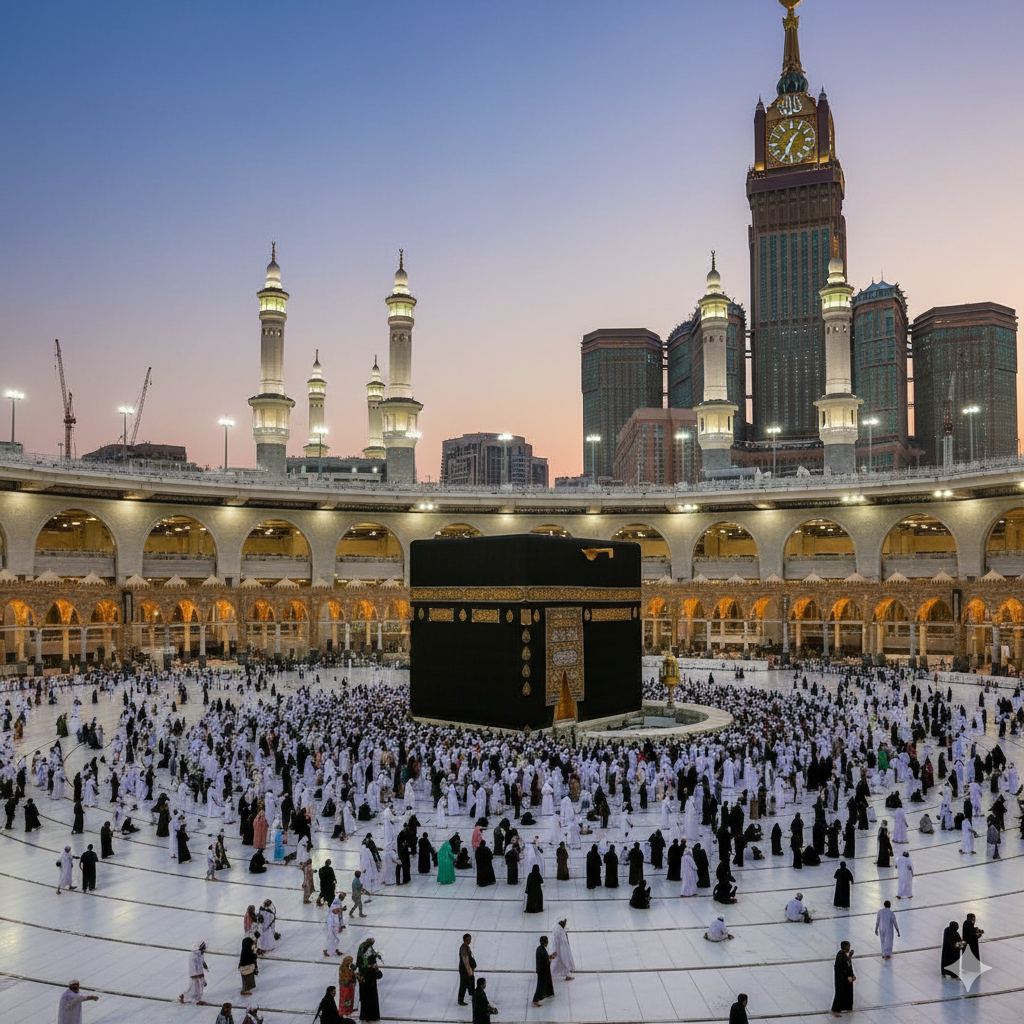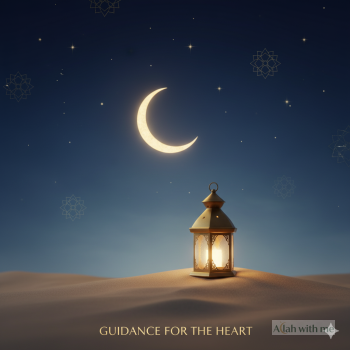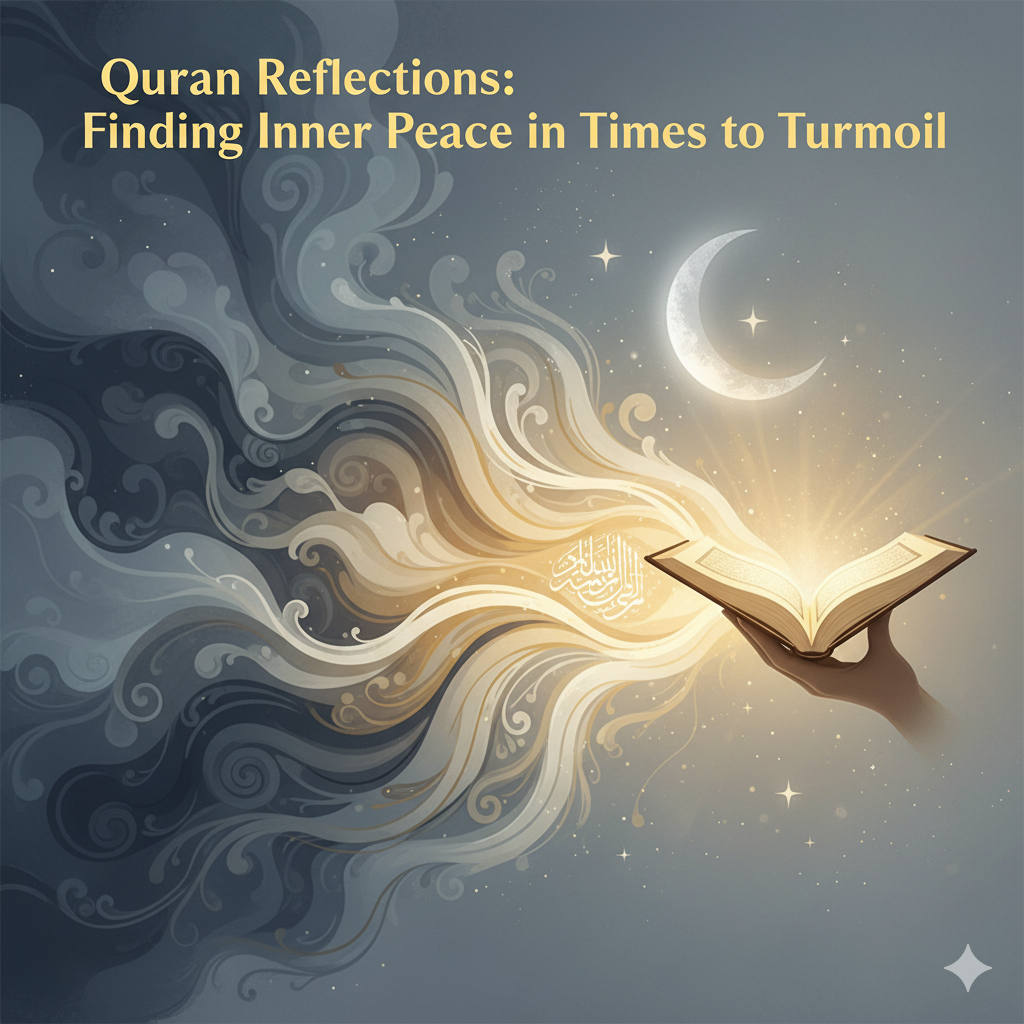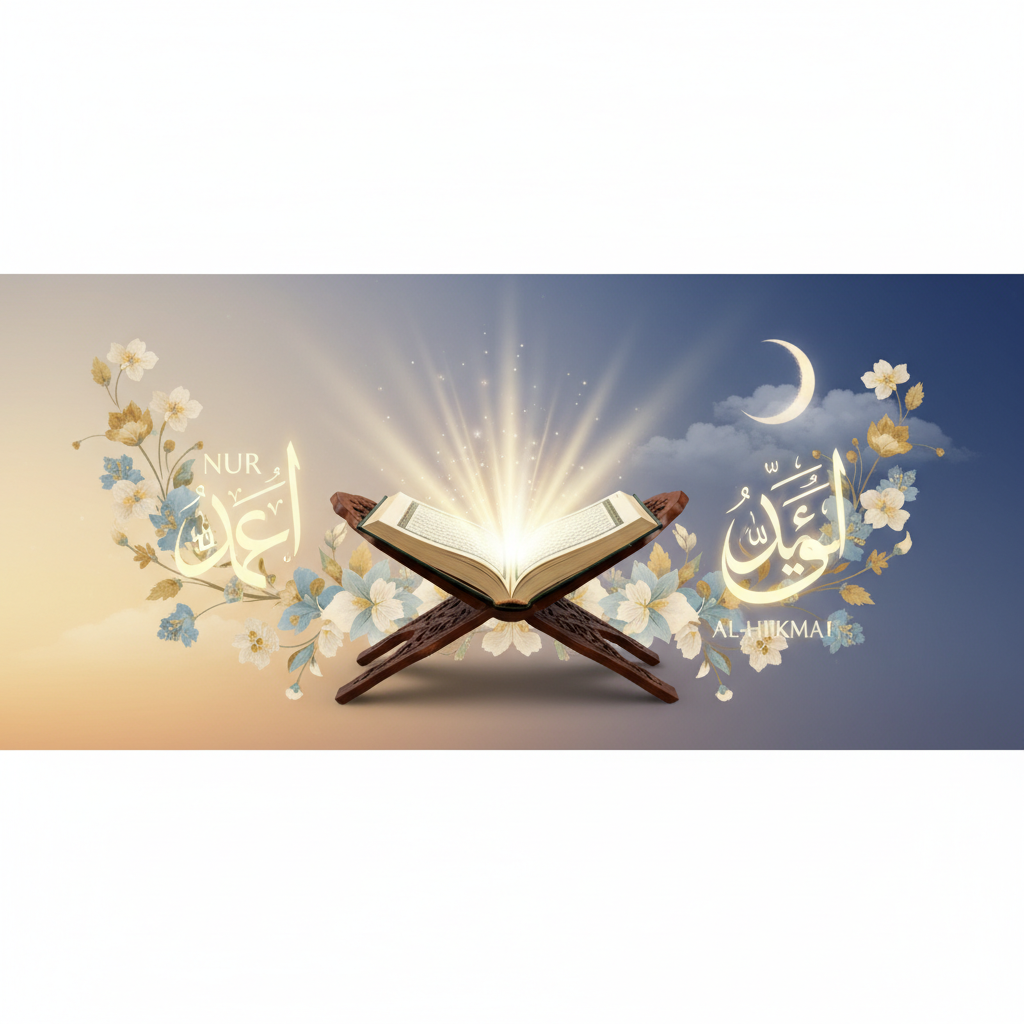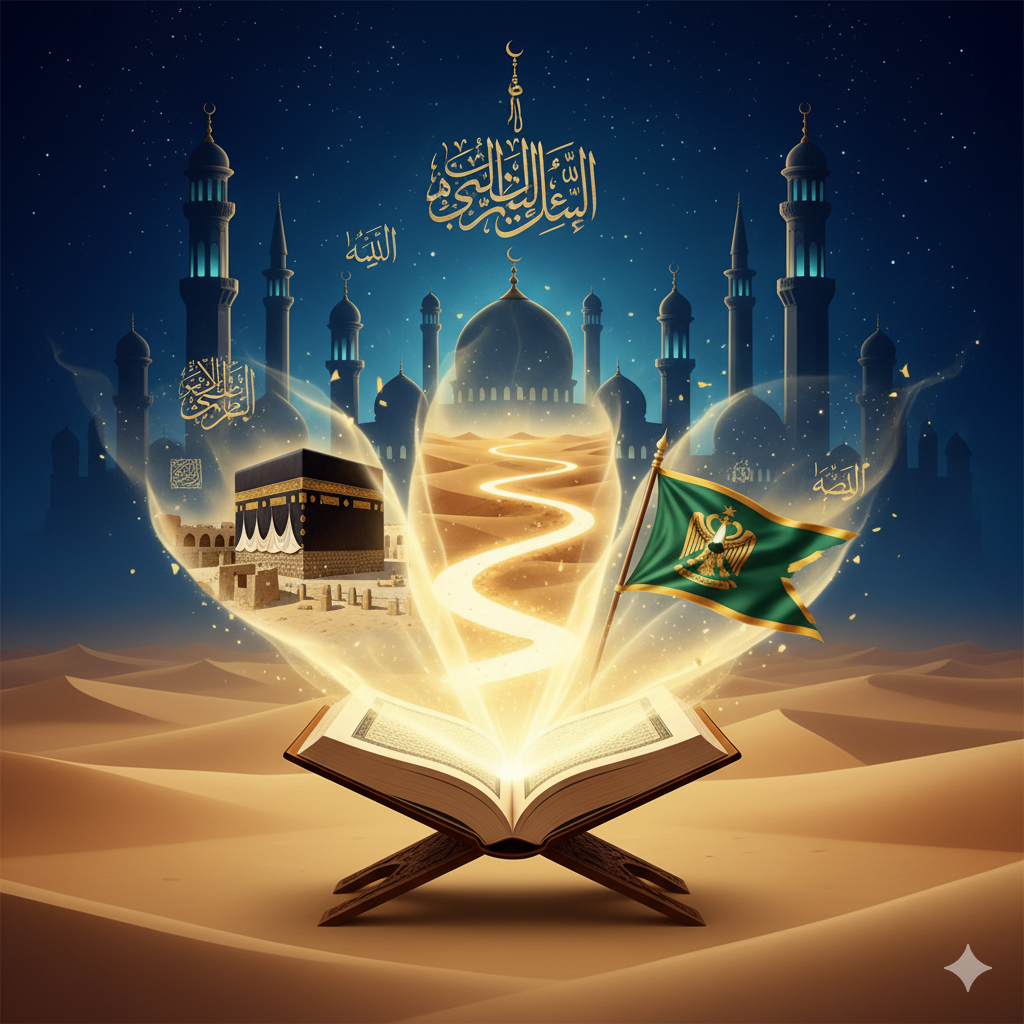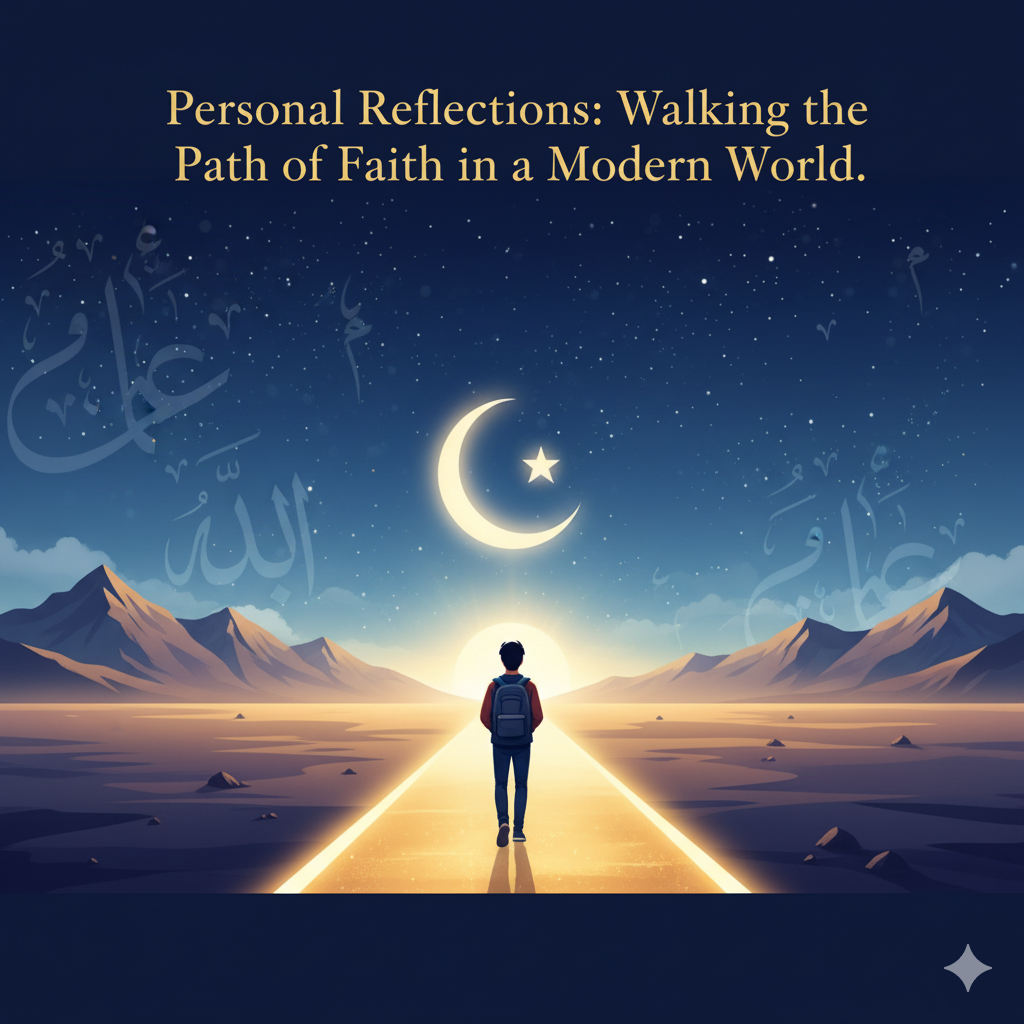Table of contents [Show]
The Power of Dua
Dua is not a formality. It is a dialogue with the One who knows us better than we know ourselves. Unlike human conversations, no mediator, time, or place restricts our supplication.
1. Dua as a Sign of Faith
Turning to Allah in dua reflects humility and dependence. It acknowledges our limitations and Allah’s absolute power. The Qur’an says:
“And when My servants ask you concerning Me—indeed I am near. I respond to the call of the supplicant when he calls upon Me.” (Qur’an 2:186)
2. Dua Changes Destiny
The Prophet ﷺ said: “Nothing changes destiny except dua.” (Tirmidhi)
This shows that supplication is not powerless—it can alter the course of one’s life, by Allah’s will.
3. Dua Brings Relief
Many companions turned to dua during times of hardship, and Allah relieved them. When Prophet Yunus عليه السلام called out from the belly of the whale, Allah answered:
“There is no deity except You; exalted are You. Indeed, I have been of the wrongdoers.” (Qur’an 21:87)
This short dua is still one of the most powerful prayers for those seeking forgiveness and relief.
The Etiquettes of Dua
For our supplications to be more effective, the Prophet ﷺ taught certain etiquettes:
- Begin with Praise and Salawat – Start by praising Allah and sending blessings on the Prophet ﷺ.
- Face the Qiblah – While not obligatory, it increases concentration.
- Raise Hands Humbly – The Prophet ﷺ often raised his hands in dua, palms open.
- Be Sincere – Speak from the heart, not just the tongue.
- Persist in Asking – Do not give up if you don’t see results immediately. Allah responds in His perfect timing—sometimes by granting, sometimes by delaying, or sometimes by saving us from harm.
- Ask for Both Worlds – Balance your requests: seek both dunya (worldly needs) and akhirah (eternal success).
The Beauty of Dhikr
Dhikr means remembrance. Just as food nourishes the body, dhikr nourishes the soul. The Prophet ﷺ said:
“The example of the one who remembers his Lord and the one who does not is like the living and the dead.” (Bukhari, Muslim)
1. Types of Dhikr
- Tongue Dhikr: Saying SubhanAllah, Alhamdulillah, Allahu Akbar, La ilaha illa Allah.
- Heart Dhikr: Reflecting silently on Allah’s blessings.
- Action Dhikr: Living according to Allah’s commands is itself remembrance.
2. Dhikr as Protection
Dhikr shields us from Shaytan. The Prophet ﷺ taught morning and evening adhkar (remembrances) that act as spiritual armor. For example:
“In the name of Allah, with whose name nothing in the earth or the heaven can cause harm, and He is the All-Hearing, All-Knowing.” (Abu Dawood)
3. Dhikr Brings Tranquility
Allah ﷻ says:
“Unquestionably, by the remembrance of Allah hearts are assured.” (Qur’an 13:28)
No worldly achievement or wealth can bring the calm that comes from a heart engaged in dhikr.
Daily Adhkar: A Routine of Light
To make dhikr practical, the Prophet ﷺ encouraged consistent routines:
- Morning & Evening – Recite prescribed adhkar for protection and blessings.
- After Salah – Repeat SubhanAllah 33 times, Alhamdulillah 33 times, and Allahu Akbar 34 times.
- Before Sleeping – Recite Ayat al-Kursi, Surah Al-Ikhlas, Al-Falaq, and An-Nas.
- General Dhikr Anytime – A heart that whispers Allah’s name while walking, working, or resting is never disconnected.
Stories of Dua & Dhikr from the Sunnah
- Abu Bakr’s Request for a Dua: Abu Bakr رضي الله عنه once asked the Prophet ﷺ to teach him a prayer. He replied: “Say: O Allah, I have wronged myself greatly, and none forgives sins but You. So forgive me with a forgiveness from You, and have mercy on me. Surely, You are the Most Forgiving, the Most Merciful.” (Bukhari, Muslim)
- Fatimah رضي الله عنها and Ali رضي الله عنه: When they asked the Prophet ﷺ for a servant, he advised them instead to recite SubhanAllah 33 times, Alhamdulillah 33 times, and Allahu Akbar 34 times before sleeping. This became a source of strength greater than any servant.
- Battle of Badr: The Prophet ﷺ spent the night in dua, raising his hands until his cloak slipped from his shoulders, pleading for victory. Allah answered with angelic support.
The Connection Between Dua & Dhikr
Dua and dhikr complement each other. Dua is calling upon Allah for needs, while dhikr is remembering Him at all times. Both cultivate:
- Humility – Acknowledging our dependence on Allah.
- Gratitude – Recognizing Allah’s countless blessings.
- Closeness to Allah – A heart that remembers Allah is loved by Him.
Practical Tips for Consistency
- Set Specific Times – Just like meals, set spiritual meals (e.g., after Fajr, before Maghrib).
- Use Dua Journals – Write down personal duas and revisit them.
- Learn from the Sunnah – Memorize the Prophet’s authentic duas.
- Make Dhikr During Routine Tasks – Driving, cooking, or walking can be moments of remembrance.
- Teach Children Early – Simple adhkar like Bismillah before eating nurture lifelong habits.
Addressing Common Struggles
- “I don’t see my dua being answered.”
Allah may delay or answer differently than expected. The Prophet ﷺ said: “There is no Muslim who calls upon Allah with a dua in which there is no sin or severing of family ties, except that Allah gives him one of three: He hastens the response, or He saves it for the Hereafter, or He removes a harm from him.” (Ahmad) - “I forget to make dhikr.”
Start small. Even a single phrase said sincerely is valuable. Place reminders on your phone or workspace.
Conclusion
Dua and dhikr are not optional extras; they are lifelines. They are the heartbeat of faith, the shield of the soul, and the bridge to Allah’s mercy. Through dua, we ask; through dhikr, we remember. Together, they create a life centered on Allah ﷻ.
Let us commit to making dua and dhikr not occasional acts, but daily companions—our comfort in sadness, our gratitude in joy, and our strength in weakness.
“So remember Me; I will remember you.” (Qur’an 2:152)
May Allah make our tongues moist with His remembrance and our hearts alive with His light.
 English
English

